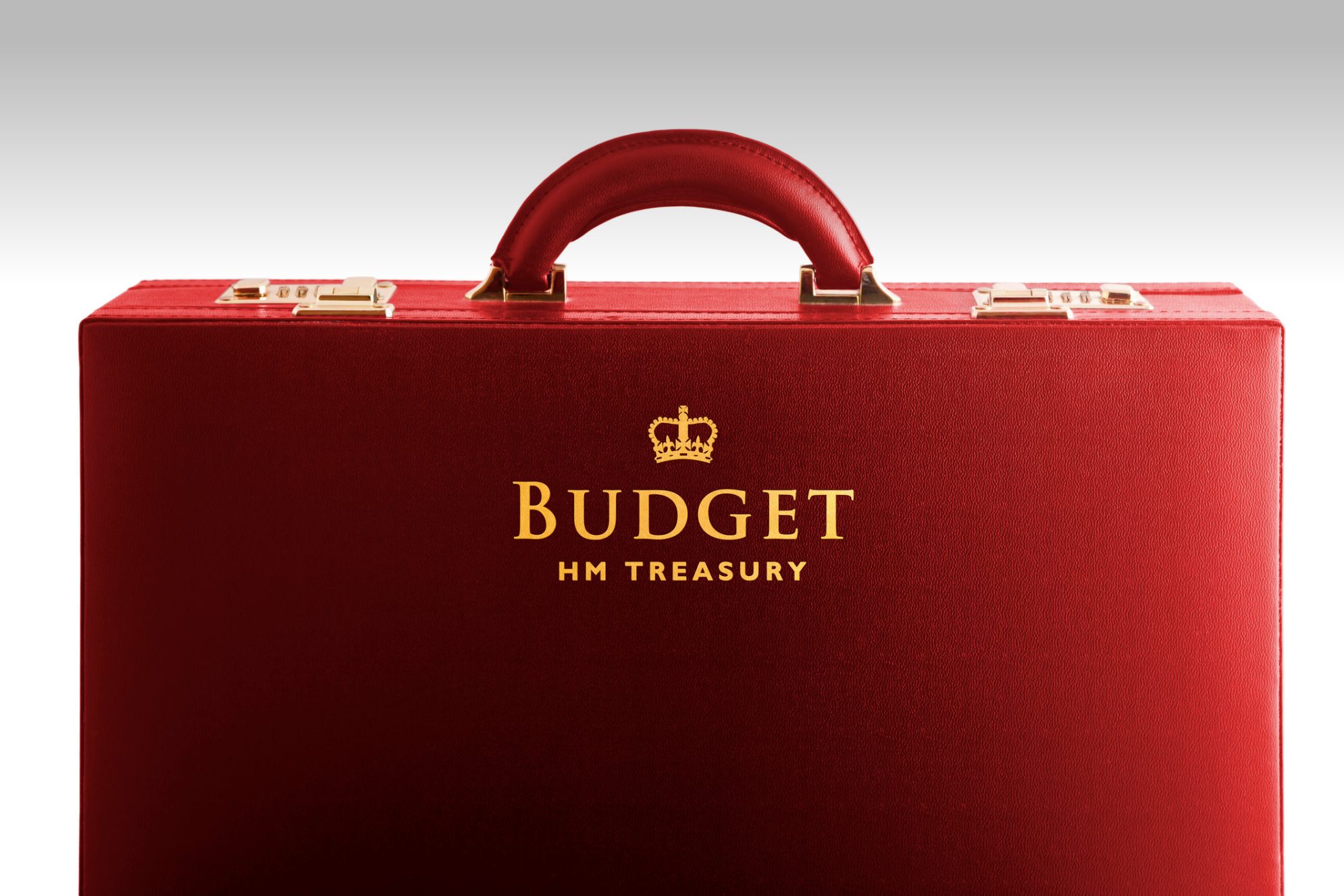
John Underwood, Freshwater’s Director of Healthcare, takes a look at what the 2024 budget means for the health and wealth of Wales.
It has long been recognised that population health and national economic prosperity go hand in hand. A healthy workforce is essential for sustainable economic growth and economic prosperity leads to a healthier nation.
So last week’s budget announcement of an extra £1.7bn for Wales will be welcomed by Welsh businesses that are looking to grow and prosper over the coming years. With the NHS in Wales facing unique and substantial challenges, and with a Senedd election just over the horizon, the NHS can expect a big share of the new money.
But it’s not just the new investment that will help to improve population health in Wales. There were other measures in the budget that are likely to have a positive impact too.
Renewing the tax escalator on tobacco duty rates by more than inflation – including a dramatic increase in the duty on hand rolling tobacco – will have a significant effect on healthcare and will maintain the financial incentive to choose vaping over smoking.
Increasing the Soft Drinks Industry Levy for the first time since 2018, and ensuring it rises each year from now on, will help bear down on obesity and other harms caused by high sugar intake.
And while reducing duty on drinks that tend to contain less alcohol, the Chancellor has also raised alcohol duty on those that are more harmful.
In resisting absurd accusations that seeking to improve the health of the nation is a step towards the “nanny state”, the Chancellor has struck a blow not just for better health but for economic prosperity too.
Of course, the crucial question arising from the budget is not how much extra money is available for the NHS but how that money is spent.
Clearly, we need to improve productivity in the NHS and treat people more quickly. Clearly, we need to move rapidly towards an approach based on preventing ill health rather than an approach based more on treating ill health. Clearly, we need to heave the NHS into the 2020s with more digital technology and greater use of artificial intelligence. But we now have the financial headroom to make a real difference to healthcare in Wales.
Central to the improvement of the NHS in Wales is the need to recognise the real underlying problems and the willingness to tackle them, and one of the biggest challenges involves the recruitment of trained staff.
The World Health Organisation says there is a global shortage of over four million doctors, nurses and other health professionals, and in Wales, as in many other European countries, the problem is becoming more acute as those clinicians born in the post-war “baby boom” move into retirement.
In this context, it was good to see the new world-class medical school in North Wales recently take in its first students. Seeking to recruit doctors and nurses from around the world may be a necessary short-term solution to the recruitment challenge but in the longer terms we must grow our own workforce. The new intake of medical students at Bangor University will be the first to have all their medical training delivered in North Wales and the numbers will increase steadily from 80 this year to almost double that in five years’ time. This can only be good for the NHS in Wales.
The immediate interpretation of any budget tends to focus on the headline grabbers, things like income tax rates and changes to fuel duty. It usually takes a few days to get to grips with the more significant and longer-term implications.
There can be no doubt that the extra £1.7bn funding settlement for Wales will be truly significant, especially for the NHS in Wales.
Academics from the Wales Fiscal Analysis research group at Cardiff University describe these additional resources as “remarkable” compared with previous spending plans and the modest amounts of additional spending implied in the Labour manifesto at the general election. They estimate that the Welsh Government could have expected around £50m extra for day-to-day spending but instead we have seen resources boosted by almost £1bn.
The task now is to spend this money wisely.
This article was written by our director of healthcare, John Underwood, and featured in the Western Mail on 4 November 2024.
